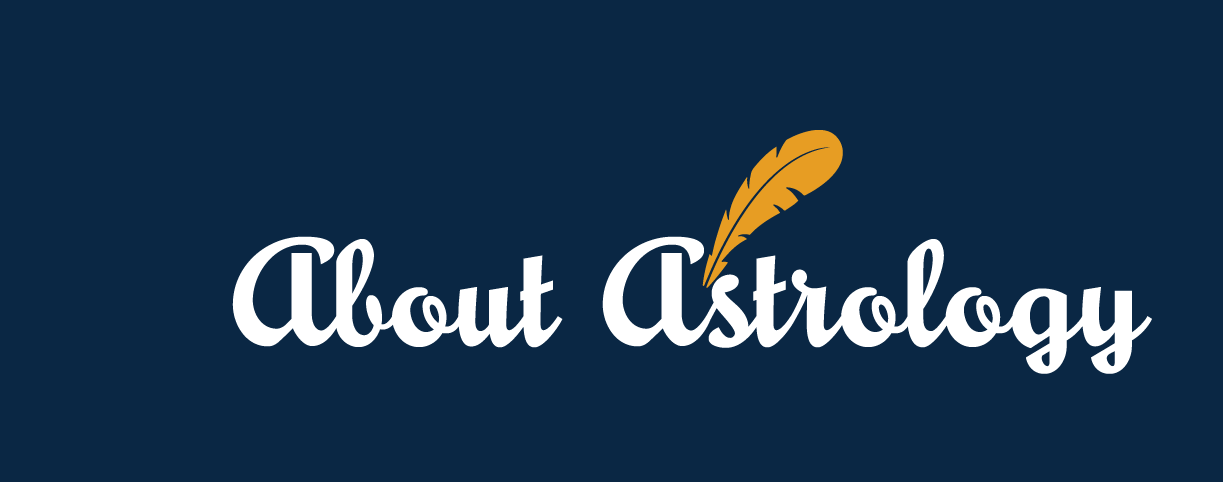It is a common misconception that astrology was born in mysticism, delivered through ascetics meditating on lonely mountain tops. It didn’t happen that way. Astrology and its root, astronomy, evolved through observation. Our earliest ancestors noticed that the stars formed patterns or pictures that moved through the skies in repeating cycles. They further observed that a few lights in the sky shined with a steadier light than the twinkling light of the stars. These traveled through the star pictures, each at a speed independent of the others and also on predictable schedules.
The star pictures were eventually named constellations and the independently moving lights called planets. The names the ancient Hebrews gave them accurately described their relationship to each other. Their word for constellations was masloth meaning highways, and their word for planets was mazawloth, meaning wanderers. This was the beginning of the science of astronomy.
The constellations were named for mythic heroes and animals important to survival, linked to the seasons in which they were prominent. For instance, Taurus the bull, known for his fecundity, rules the time of spring planting. Scorpio, the sign of death and eventual rebirth, rules the time after the harvest when plants die. Since astronomy as we know it today first developed in regions north of the equator, there is quite a northern hemisphere bias to the naming of constellations and the seasons they’re associated with.
It was further observed by the ancients that the movements of the planets into different constellations coincided with behaviors and events on earth. They reasoned this could only be the work of gods. Therefore, planets were named for the god associated with the types of events and behaviors a particular planet appeared to evoke, like acts of war with Mars, good fortune with Jupiter, and limitations or losses with Saturn. This was the beginning of astrology. Astronomy and astrology remained linked for a long time until gradually astrology split off as an art but still inseparable from the science of astronomy, a split that remains in culture today.
The earliest civilizations perceived the workings of their worlds largely as chaos. The gods had all the power and humans lived and died subject to their whims. All life activities and events, including human behaviors, were seen as expressions of the moods and desires of the gods, an earlier version of “the devil made me do it.” One can only imagine how terrifying that must have been. No wonder the gods played such a dominant role in all ancient cultures. People felt it necessary to establish and maintain rituals, sacrifices and practices that appeased the gods, many of which are evident in the Old Testament.
The foundations for what we know today about astronomy, geometry, life sciences and psychological theory were established by the ancient Greeks, credited as the first to employ the scientific method. They were the first to proclaim that there was order to the universe, that natural laws governed acts of nature, not the gods.
Knowing natural law meant that many phenomena were now predictable. Once the laws became known, so did many of their indicators. Thus, the gods and the stars began to lose some of their power as the perceived cause of events. For instance, the ancient Egyptians originally believed that the yearly appearance of the star Sirius caused the annual flooding of the Nile River. Eventually it became known through science that the annual cycle of rain in that region caused the Nile to flood. Thus, Sirius transitioned from cause to indicator.
Astrology emerged as the practice of using the stars as indicators of events and behaviors and in which environments those take place. Proceeding on the path the ancient Greeks put us on, we continue to expand our knowledge of the science of the what of life, but we know relatively little about the why of life. In spite of thousands of years of collective experience, we still don’t know why the stars are indicators. Those who have studied and practiced astrology just know that they are, along with the countless numbers who seek their consultation. Similarly, physicians don’t know why the body heals, they just know that it does. They have learned to use the body’s symptoms as indicators to identify a course of treatment they have learned will aid in healing.
Now we come to the story…. (Well, to get the story I invite you to buy the book.)
